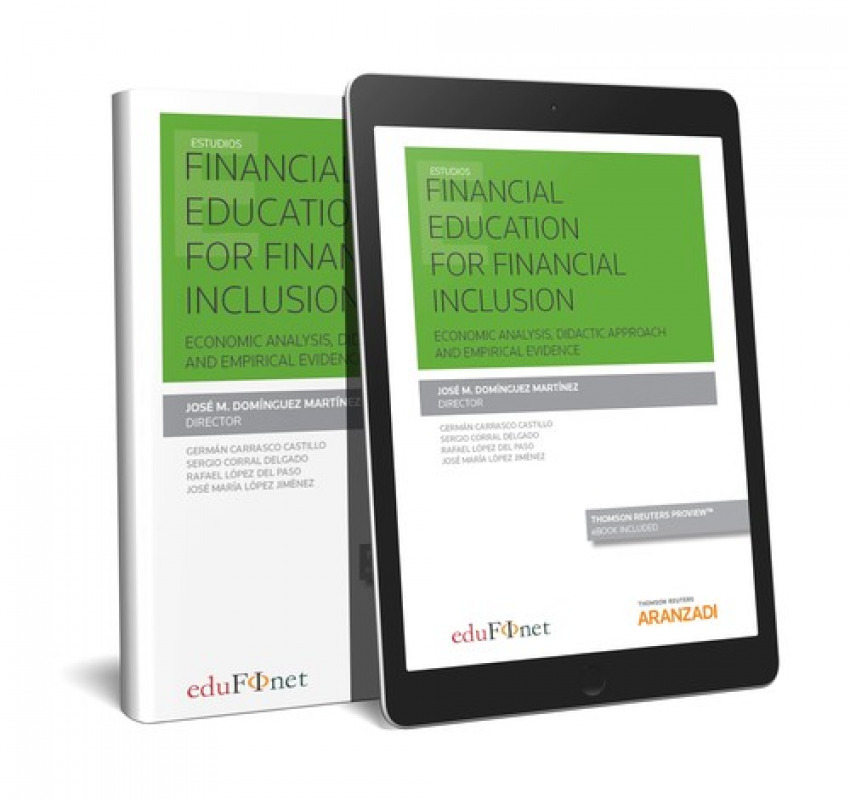This paper deals with studying the link between financial education and financial inclusion from a three-fold approach: firstly, it makes an inroad into the economic analysis of justifying the use of economic education for financial inclusion, by considering the aspects of allocation, distribution, stability and economic development;secondly, this study is aimed at identifying the basic skills needed to get an actual financial inclusion, as well as at formulating a proposal to articulate and build up the contents required to develop those skills;thirdly, it takes on the relation between the level of financial knowledge and the extent of financial inclusion;the examination of the international empirical evidence is enhanced by a study, carried out with secondary education students (aged 15 years old as a reference), on the relation between the level of financial training and the ability to make financial decisions.

